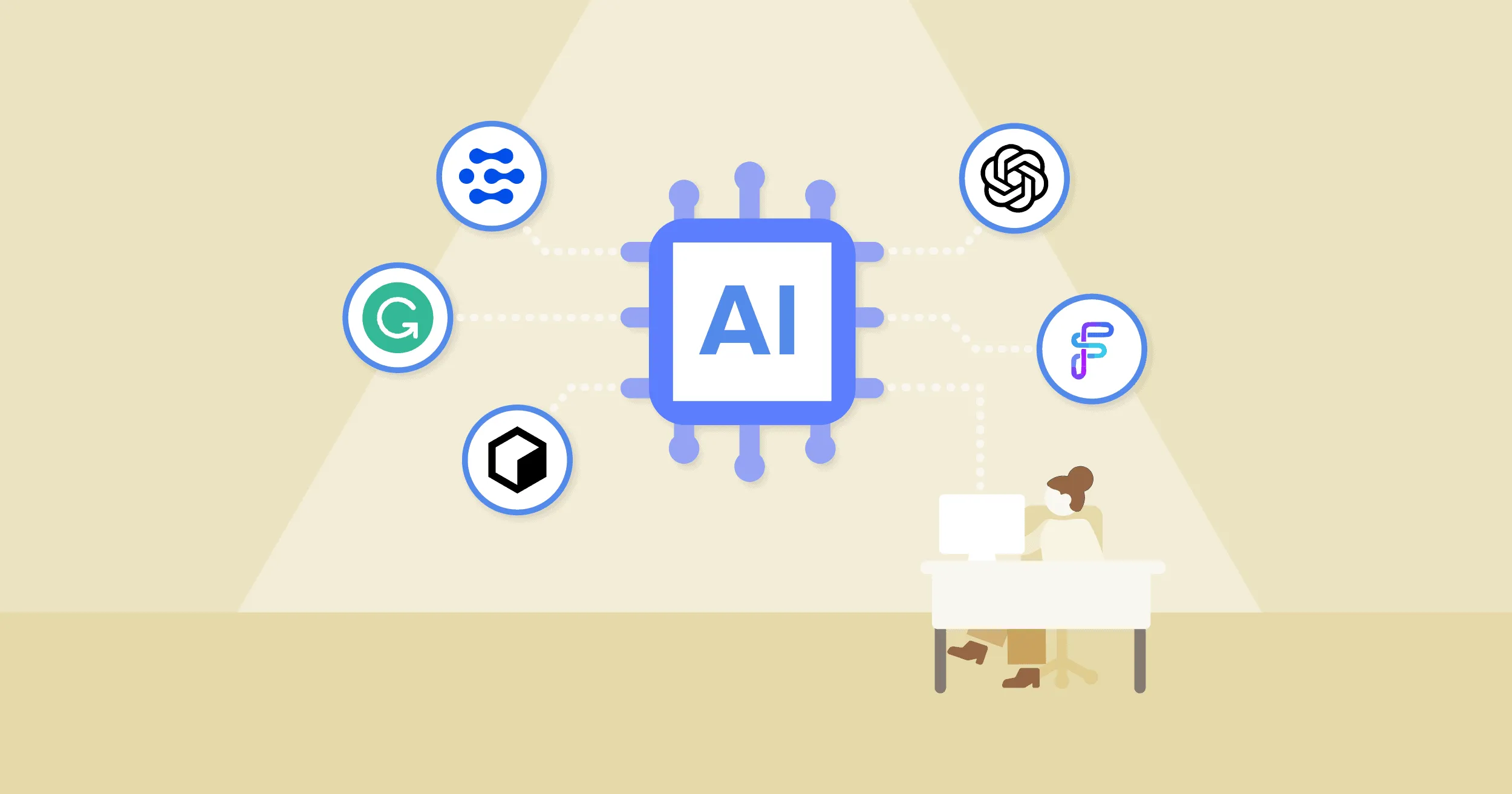
Artificial intelligence (AI) is transforming the way we live and work, with companies like Meta (formerly Facebook) and OpenAI leading the charge. These advancements bring convenience, but they also raise important questions about privacy. Recent events have highlighted how companies are using personal data to train AI models. And Meta is now facing serious inspection over its practices.
Meta Admits to Using User Data for AI Training: A Growing Privacy Concern
Meta's AI Training: Using User Photos and Posts
In a recent Australian Senate inquiry, Meta’s Global Privacy Director, Melinda Claybaugh, made a revealing statement. The inquiry focused on whether Meta had been using personal data from its users.It's dating as far back as 2007—to train its AI models. When first asked by Labor Senator Tony Sheldon if Meta had accessed Australian users' old posts for this purpose, Claybaugh denied the allegation.
However, this denial was quickly challenged by Senator David Shoebridge. He presented evidence suggesting that Meta had indeed been collecting public posts. Including photos and text, from Instagram and Facebook since 2007, as long as the posts were not private. When Shoebridge asked, “Meta decided to collect all photos and all text from public posts on Facebook and Instagram since 2007. Unless the posts were set to private, right?” Claybaugh eventually admitted, “True.”

How Much Data is Being Used?
This admission raises serious concerns about privacy. Claybaugh claimed that the company does not scan the accounts of people under 18 years old. However, when Senator Sheldon asked if public photos of his own children, posted on his account, would be scanned, she confirmed that they would be. This leaves many parents and users wondering just how secure their information really is.
One question remains unanswered. What happens to data belonging to people who were under 18 when they first created their accounts but are now adults? A Meta representative refused to clarify if the data from those users’ early posts was used in training AI models. Leaving a gap in understanding the full scope of the data collection.
Unequal Privacy Protections Across Regions
What’s more troubling is how Meta handles data privacy differently in different parts of the world. In the European Union, users can opt out of having their data use for AI training. However, Meta has not offered Australian users the same choice, leading to frustration and concerns over clarity.
This inconsistency raises questions about Meta’s commitment to protecting its users’ privacy globally. It also highlights how important it is for companies to apply the same privacy standards to all users, regardless of location. Australians now feel left behind, wondering why their data has been in use. Without their consent while others in the EU had the ability to opt out.
The Importance of Transparency and Data Protection
Meta’s confession reveals a broader issue: the need for greater clarity in how tech companies handle user data. AI systems depend on large amounts of data to function well. But using personal data without informing users is a violation of trust. People should have the right to know how their information is in use. And should have the option to opt out if they do not want to participate.
The rapid pace of AI development is exciting, but it also calls for stronger regulations to protect users’ privacy. It is important for companies to be clear about how they are using data and to allow users to make informed decisions. The trust between tech companies and their users depends on this clarity.
Conclusion: Holding Companies Accountable
As AI technology advances, companies like Meta must be held accountable for how they use personal data. The recent admission that Meta has been collecting photos and posts for AI training. Without informing users has raised concerns that cannot be ignored. This situation underscores the urgent need for stronger privacy protections and more clarity in how they handle data.
Data privacy is a fundamental right, and companies should take it seriously. Users deserve to know how their data is in use, and they should have the power to control that usage. As AI continues to shape our future, protecting privacy must remain a top priority for everyone involved.
What This Means for Users
For everyday users, the key takeaway is that your online activity might be used in ways you aren’t aware of. While companies like Meta often provide services for free, they use your data as part of the transaction. It’s important to stay informed about how they collect your data and where it is going. Keeping your privacy settings up-to-date and being cautious about what you share publicly can help protect your information. With digital platforms playing such a large role in our lives, taking control of your data is more important than ever.
Popular News
Latest News
Loading






